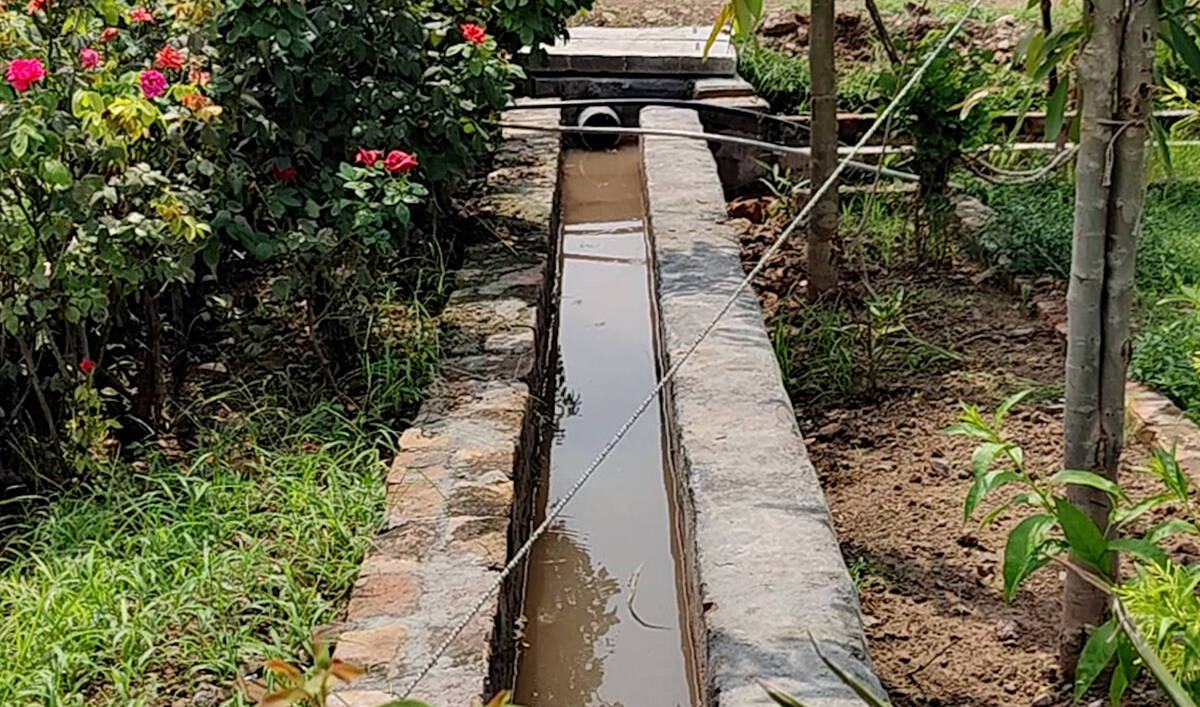ISLAMABAD: Pakistan will arrange special flights and coordinate with airlines to provide discounted tickets to Shia pilgrims traveling to Iraq for the Arbaeen ritual, State Minister for Interior Tallal Chaudhry on Friday, following the closure of land route.
Thousands of Pakistanis travel to Iran and Iraq annually to visit religious sites, including observing Arbaeen (Arabic for “forty”), a significant religious occasion in Shia Islam that marks the end of a 40-day mourning period for Imam Hussain, who was “martyred” in the Battle of Karbala in 680 AD.
Islamabad last month suspended road travel to Iran and Iraq for the Arbaeen pilgrimage this year, citing public safety and national security concerns. Pakistanis traveling to the countries via road have often been targeted in sectarian attacks by armed groups in the country’s restive Balochistan province, which shares border with Iran.
The decision led to a protest by Shia religious and political parties, prompting Chaudhry to arrive in the southern port city of Karachi to hold hours-long negotiations with the protest leaders to defuse the crisis by facilitating pilgrims with discounted travel and payment refunds.
“For those whose Iraqi visas have already been issued and who wish to travel overland, the government will coordinate with airlines to provide discounted tickets,” the state minister told reporters.
“Special flights will be arranged to facilitate pilgrims during the travel season, and flight operations to Iraq for these pilgrims will begin in the next two to three days.”
He said the government took painful decision of closing the Rimdan border crossing due to some “security and other concerns,” and it was not being close permanently, requesting pilgrims to take alternate travel routes this year.
“For those who have made advance payments to bus and transport operators, the Government of Pakistan will play its role in ensuring that the tour operators refund those payments,” Chaudhry said, adding the government would set up a committee to resolve pilgrim issues.
Islamabad’s decision to restrict road travel came in the wake of a rise in militant attacks in the province by ethnic Baloch militant groups who demand a greater share of the province’s mineral resources from Islamabad.
Separately, the Pakistani government is introducing a new, centralized system for organizing pilgrimages to holy sites in Iran and Iraq that would require interested parties to register as tour operators, the Pakistani religious affairs minister announced in July.
The statement followed an announcement by Federal Interior Minister Mohsin Naqvi that Pakistani pilgrims would not be able to individually travel for religious pilgrimages from Jan. 1 next year. The decision was made after Iran, Iraq and Syria raised concerns with Islamabad about some of these Pakistani pilgrims overstaying their visas or working illegally in the host countries.
Pakistan previously had no formal structure for people to travel to Iran and Iraq for religious purposes. Although a system was approved in 2021 to organize these pilgrimages, but little progress was made on its implementation.


















